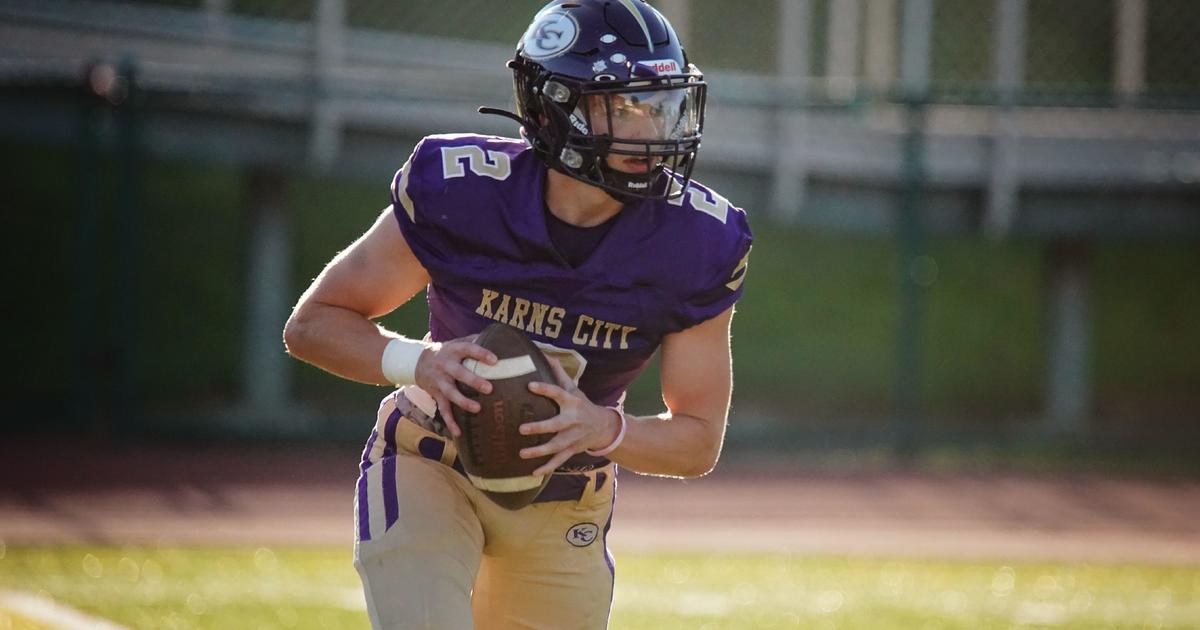Expert: Children's Glasses Should Be Checked Once Per Year
PITTSBURGH (KDKA) - When it comes to glasses, one thing is always clear - one size does not fit all.
That's especially true when it comes to glasses for kids.
Fitting a child for glasses is different than fitting an adult.
"Every child has a smaller face, obviously, but the proportions of how the frame, or the bridge, nasal bridge, fits to this part of the frame varies, depending on racial and ethnic variation, as well as age," Children's Hospital Ophthalmologist Dr. Ken Nischal said. "Compliance of glasses, actually, is really important. And that importance comes with aesthetics, and comes with popularism, and comes with comfort.
The distance between specific structures of the eyes changes the most between the ages of 5 and 15.
That means a child's glasses have to be changed more regularly than an adult's.
"At least every year, your glasses should be checked," Dr. Nischal said.
The shape of the skull and nose in children, and the less prominent eyebrows must be taken into account.
"And if you look at the lateral walls of the orbit, they're less pronounced, they're more sort of rounded in children," Dr. Nischal said. "You can have straps around the back, you can have curls around here, sometimes, depending on what the nasal bridge is like, you have to put what we call build up nasal pads, so the glasses don't roll down the nose."
Also, the rough and tumble nature of childhood means materials should be selected carefully.
"We tend to prescribe polycarbonate lenses for children because they are shatterproof," Dr. Nischal said.
However, kids also need some style.
"Harry Potter did more for children wearing glasses than anything else. Because it was cool to wear glasses again," Dr. Nischal said.
There is one thing you can check at home if you put your child's glasses on a table. The part that holds the lenses should be flat against the table. The part that goes over the ears should be flat against the table. If they're cockeyed, they're likely to be cockeyed on your child's face, and that could distort what they're seeing.
If these considerations are overlooked, it could lead to your child not wearing their glasses.
If your child is younger than 8, this could lead to the seeing part of the brain never developing properly.
"I would say that most children, if you pick something that they like, and they're fitting properly, and it feels ok to them, they're most of the time going to wear them all the time," Sarah Shaw, an optician at Children's Hospital Pine Township, said.
Join The Conversation On The KDKA Facebook Page
Stay Up To Date, Follow KDKA On Twitt



